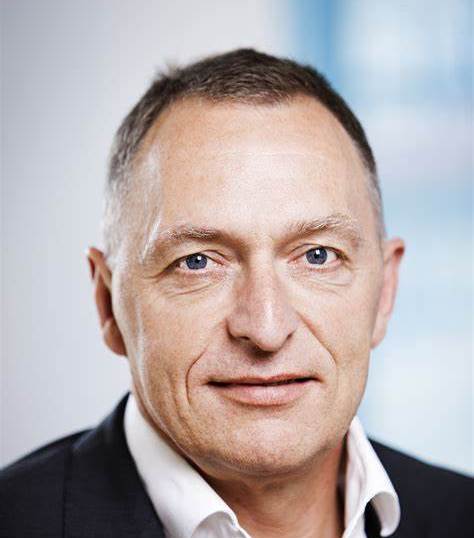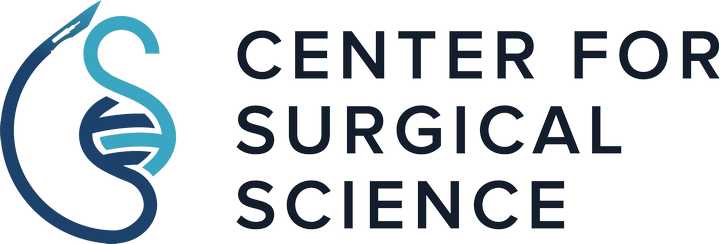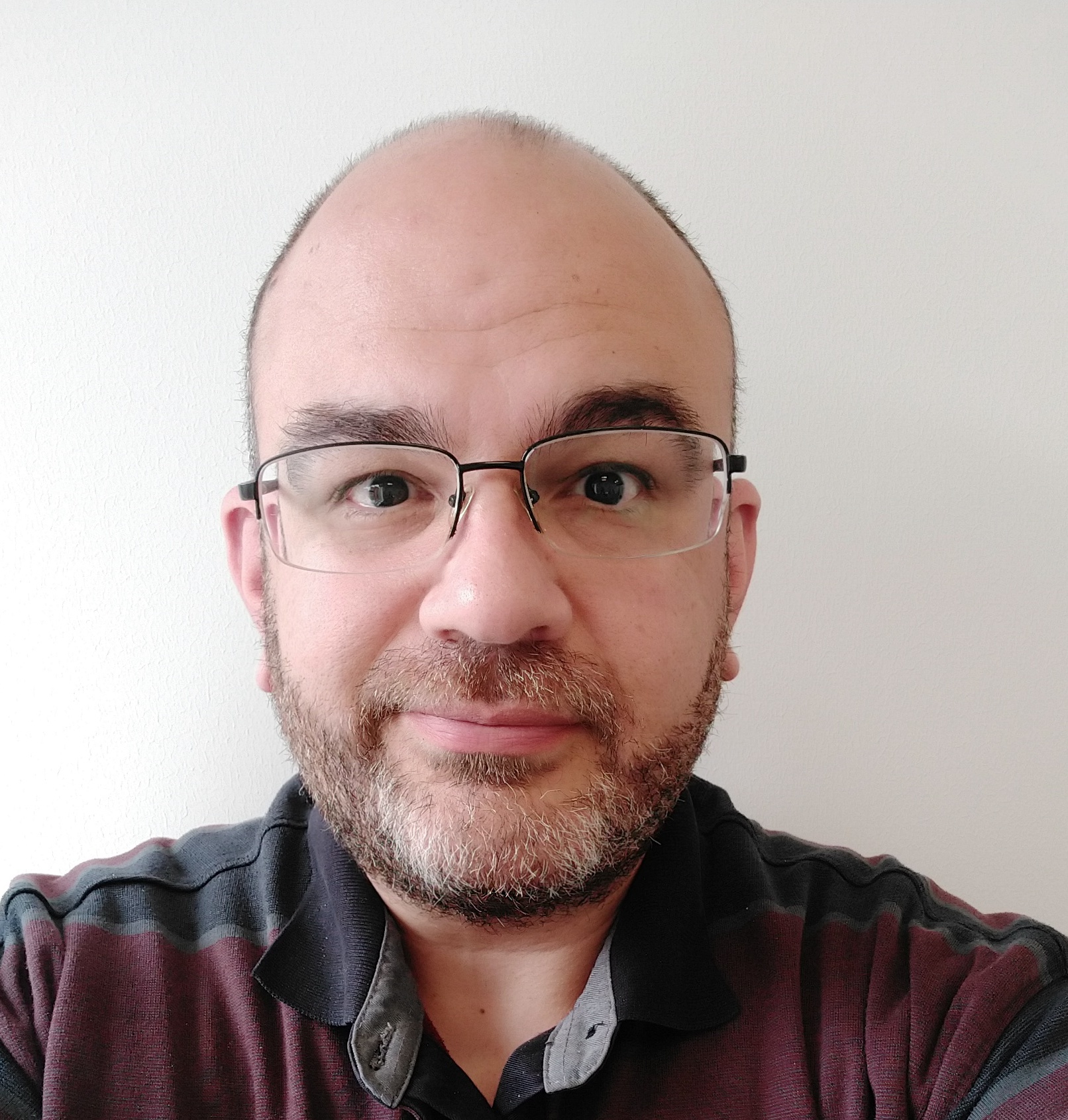Big Data, Artificial Intelligence and Secure Private Cloud computing will improve the treatment and the quality of life of Danish cancer patients.
Region Zealand has initiated an innovative project in which medical doctors, data scientists and cloud computing experts work together to develop a solution that can reduce the number of serious complications in connection with surgical cancer treatments. The project is hosted at the secure private cloud of Computerome 2.0 – which gives doctors secure access to large amounts of information about the individual patient’s characteristics, so that they can better predict the optimal course of treatment. This is an important step towards the development of personalized medicine in Denmark.

The need for tailor-made treatments
“Up to a third of all cancer patients experience complications after surgery,” says Ismail Gögenur, professor of surgery and director of the Center for Surgical Science (CSS) at the Zealand University Hospital. His research group has been selected as one of the first in Denmark to use Computerome’s 2.0 supercomputing power for improving medical treatments. Right now, one of the big challenges is to understand why two patients with similar symptoms may respond significantly different to the same surgery. While Mrs. Hansen recovers quickly, Mrs. Nielsen has serious problems and must be readmitted after a short time. How can we explain the difference?
Human computational capacity is limited compared to a supercomputer
This is where doctors, nurses and researchers can now have the support of a secure private cloud environment where specially developed algorithms can process millions of data points from electronic patient records and relevant research data. The solution, which will be able to help Danish cancer patients within a few months, will predict what risks treatment A, B or C will pose to the patient at any point in the disease course.
An artificial doctor providing guidance
A computer cannot decide what treatment the patient should have. The new system is a decision support tool, a kind of artificial doctor that follows the patient from start to finish and can make the healthcare professionals aware of important and perhaps hidden risk factors that are significant for the patient’s treatment.
“It is not only the surgery, but also the time for the surgery, the treatment up to and after the surgery, and the hospitalization length, which determine the success of the treatment. With the new system, we get the opportunity to make all the decisions on with higher accuracy and evidence level”, says Ismail Gögenur.
In recent years, the University Hospital of Zealand is having an increased focus on personalized medicine and tailor-made treatments, says hospital director Niels Würgler Hansen.

Data science experts are important in the healthcare system of the future
The healthcare system of the future has a role for data science researchers and computer experts. One of them is Iannis Drakos, international expert in personal medicine and head of the department of Big Data and Artificial Intelligence at CSS in Zealand University Hospital.
“Denmark is a pioneer in the field of personalized medicine because the consistent collection and storage of health information in national registers began very early on in Denmark. The question now is how to create solutions that utilize the potential of this data for improved patients’ survival and quality of life, without compromising any of the regulatory requirements for the safety and the security of sensitive data”, explains Iannis Drakos.
The national supercomputing center for life sciences provides solutions for most data challenges
Fortunately, in Denmark we have the national supercomputing center for life sciences, which specializes in this particular task. Computerome 2.0 is a collaboration between the Technical University of Denmark (DTU) and the University of Copenhagen, providing support of research and education in the Big Data universe of health data. Additionally, production solutions are offered for the actors of the health care system.
The users drive the development
Peter Løngreen, the director of Computerome 2.0, stated: “Since the beginning in 2014, we have collaborated with researchers and doctors in the Danish healthcare system to develop solutions that suit their reality and needs. We have gradually managed to take much of the complexity out of large supercomputer projects, so that users can concentrate on the clinical or research problems they face while dealing with analyses and data security challenges. We have recently launched the second generation of Computerome – our National Supercomputing Center for Life Sciences. Computerome 2.0 has the capacity, the tools, the options and the services needed for the data reality of the future. Region Zealand and the Center for Surgical Science (CSS) use a specially developed Secure Private Cloud (SPC) solution on the new system. We are incredibly happy to be able to contribute to such a unique project that places Denmark at the international forefront towards the development of personalized medicine. I hope and expect that we will see many more of this type of projects in the future.”





